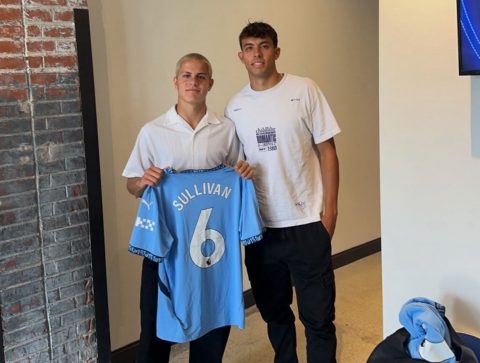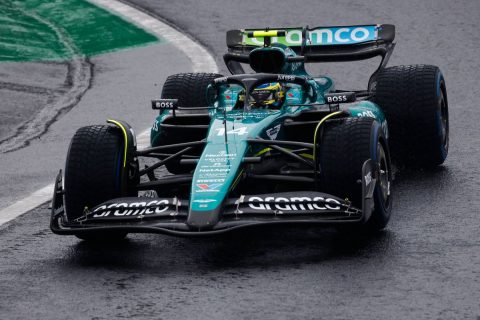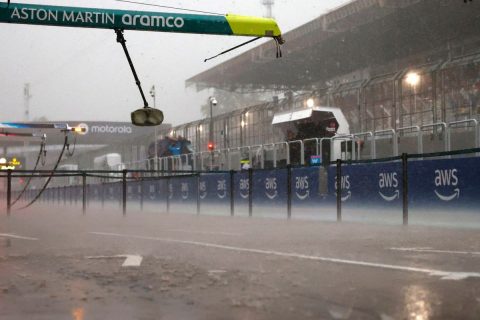The Brazilian Grand Prix sprint race was marked by a controversial decision as McLaren’s team orders handed Lando Norris the victory. Oscar Piastri, who had clinched pole position and seemed set to claim a straightforward win in São Paulo, was requested to swap positions with Norris in the closing stages. This strategic call was reminiscent of the earlier team orders at the Hungarian Grand Prix and aimed at enhancing Norris’s standings in the drivers’ championship.
McLaren’s Strategic Call
As the race unfolded, Piastri displayed commendable performance by holding his lead convincingly. However, with just a few laps left and a potential safety car situation due to Nico Hulkenberg’s immobilised Haas vehicle, McLaren decided to intervene. The team instructed Piastri to allow Norris past, ensuring a cautious strategy to maximise Norris’s championship prospects.
Norris’s Reluctant Triumph
The decision saw Norris cross the finish line first, reducing Max Verstappen’s championship lead to 45 points while Piastri followed closely in second, marking a McLaren 1-2 finish. Despite the win, Norris expressed mixed feelings about the method of his triumph, acknowledging that the victory was not entirely his own accomplishment.
Implications for the Championship
The team orders at the Brazilian GP have stirred discussions about their impact on the championship dynamics. While the decision clearly benefitted McLaren’s strategic goals, it has left some fans questioning the fairness of such interventions in competitive racing. With this win, Norris has strengthened his position in the drivers’ championship, enhancing the team’s standings as well.
Verstappen’s Diminished Lead
Norris’s victory has significantly chipped away at Verstappen’s lead, intensifying the championship race. This unexpected outcome in São Paulo sets the stage for an intriguing remainder of the season, as drivers and teams reassess their strategies to navigate such complex scenarios.
Looking Ahead: Predictions for Future Races
The fallout from McLaren’s decision in Brazil could influence upcoming strategies in future Grand Prix. Teams might become more inclined to make tactical calls that prioritise overall standings over individual race outcomes. Fans and analysts will be keenly observing how these team dynamics unfold as the season progresses.
In the end, while Norris claimed the top spot on the podium, the victory has sparked a broader debate on the role of team orders in Formula 1, reigniting discussions on sporting ethics in the pursuit of championship success.









